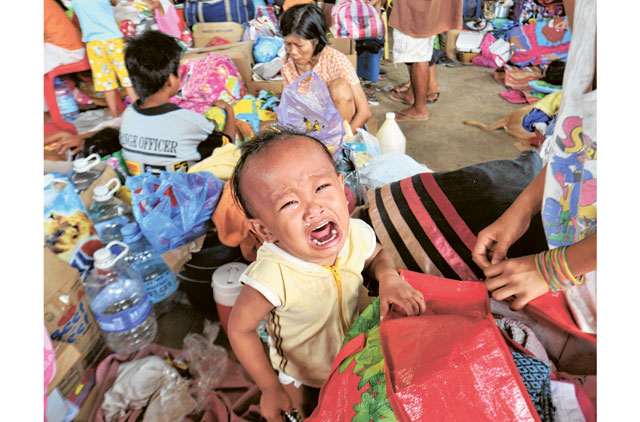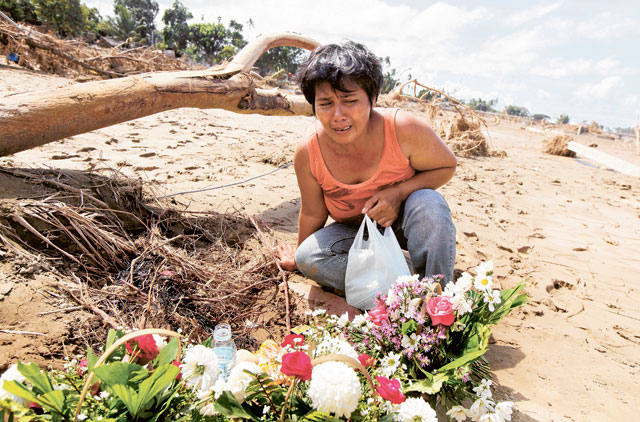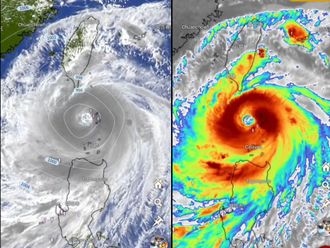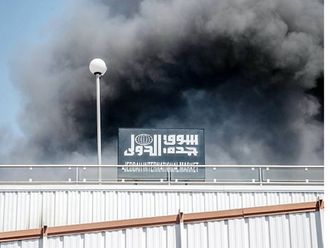
Iligan City: Barely a week after typhoon Washi ravaged the Northern Mindanao cities of Iligan and Cagayan de Oro, thousands of residents remain despondent and with little hope.
There are a few who are attempting to rebuild their battered houses but there are many who have not only lost dwellings but their livelihood as well.
The National Disaster Reduction and Risk Management Council said that, of the confirmed 1,010 deaths caused by Washi, some 200 were in Iligan City in Misamis Oriental.
Some 28,030 houses sustained partial or total damage.
The cost of damaged infrastructure and private property is expected to top the 1 billion peso (Dh 83.77 million) mark.
The government said it will conduct studies as to the cause of the disaster and make necessary corrections including filing charges against officials and private individuals responsible.
Little hope
But victims of the tragedy, many of whom are extremely poor, are faced with a more immediate predicament — they have nowhere to go and little hope.
Luzviminda Berotillo, 53, lost ten of her relatives in the tragedy. She wept as she looked to the spot where her house had once stood near the Tubod Bridge, one of the few landmarks that wasn't destroyed.
"While my family is intact, I lost some of my close relatives, among them a 15-year-old boy," she said in halting Filipino.
She recalls seeing huge logs crashing downstream along with cascading floodwaters and debris.
"In my 20 years of living in this area, I have never experienced such horror," she said.
She hurriedly left the interview midway to meet a relative whom she was trying to convince to take her family in while they could find a permanent place to stay.
At the opposite span of the bridge, Edwin Arudig, 45, who used to work as a watchman for a construction company, recounted similar scenes of utter despair.
Like Luzviminda, he also expressed concern about what would become of him since the company he has been working for has been forced to close down due to the damage it sustained from the flooding.
Drawing solace
But he said he had more to be thankful for.
"We consider ourselves lucky despite being swept down by the floodwaters," he said as he pointed to a pigeon coop that he and his wife had managed to hold on to.
He also took comfort in the fact that he was still alive along with his wife and their son.
"We were forced to fight the current, fortunately we — me and my wife were able to grab on to each other. And so was my son," he recalls.
As public officials debate on which agency is to blame for allowing illegal loggers to proliferate in Lanao, which is located downstream from Iligan and Cagayan de Oro City, Luzviminda and Arudig can only hope to "go on with the flow" and await whatever would become of them.
"What can we do? We are just ordinary people. We can't blame anyone and that is what makes it more difficult to accept and comprehend," Arudig says with a shrug.















